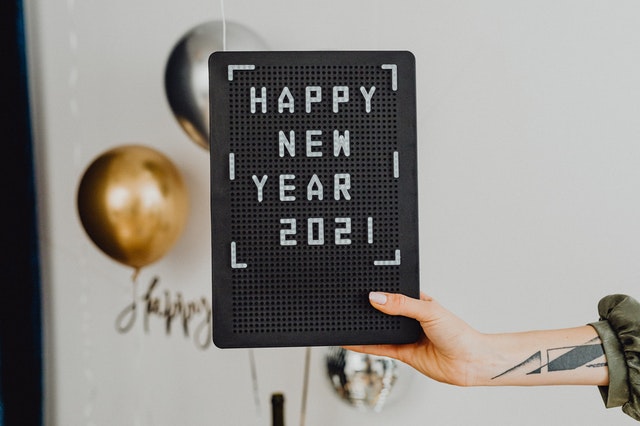
Given my fascination with the Great Resignation and all its iterations, it was only a matter of time (or, in my case T.E.A.M.) before I participated in it. I dove into the Great Reshuffle when I recently accepted a new position. As a former Change Agent, you’d assume that I’m prepared for the adjustments necessary to negotiate the transition to a new job. Well, you know what assuming does. (If not, DM me.) The phrase I used to calmly repeat to clients, I now have to incessantly repeat to myself, “Change is hard; even when the change is good, it’s still hard.” If you’ve ever changed roles, moved to a new team, or joined a new organization, you feel me. Here are three things I’m still learning about change.
Failure is Data
You’re going to make mistakes and mistakes do not equal failure. The only time failure happens is when you quit trying. Mistakes provide valuable information for improving your processes. They reveal where you need to set triggers so that you will avoid making the same mistake twice. You can use mistakes to both increase the speed at which you learn new procedures and decrease your learning curve.
Slow Your Roll
I often preach at you to stop and think. You should also stop and feel. What are your emotions telling you? Is joy cheerleading? “Wow! I can’t believe I’m on this team!” Or is fear whispering? “Wow. I can’t believe I’m on this team.” The first feeling reinforces your decision to change as a positive move. The second feeling should prompt you to take a five-minute break and, while drinking a bottle of water, ask yourself the five whys. For example:
- Why does being assigned to this team make me feel nervous? Because everyone else on this team is a rockstar.
- Why are they considered rockstars? Because they get highly visible projects.
- Why do they get highly visible projects? Because they all crush their KPIs every month.
- Why do you think that is? Because they do more outreach than anyone else.
- Why don’t you ask one of them for advice on effective methods of outreach?
Build Bridges
Walt Disney was right. It really is a small world. It’s likely that you’ll encounter former coworkers in the future, especially if you still work in the same industry and/or the same small city, so it’s wise to only speak positively about them. You may have health coverage and/or a retirement plan with your former company that requires Human Resources’ help to tie up those loose ends, so be polite and responsive when they ask for your input. Write a thank-you note for all of the opportunities your former employer gave you and publish it on your social media. Your LinkedIn newsfeed usually has plenty of examples you can follow.
Remember that your participation in the Great Reshuffle affects others. Whether you have a partner, a parent, or a pet, everyone in your circle of influence is impacted by your change. If you will intentionally be kind, repeat how new processes will work, and get some rest, then both you and your loved ones will adjust faster.
Have you participated in the Great Reshuffle? What changes have you made? Please share in the comments.









